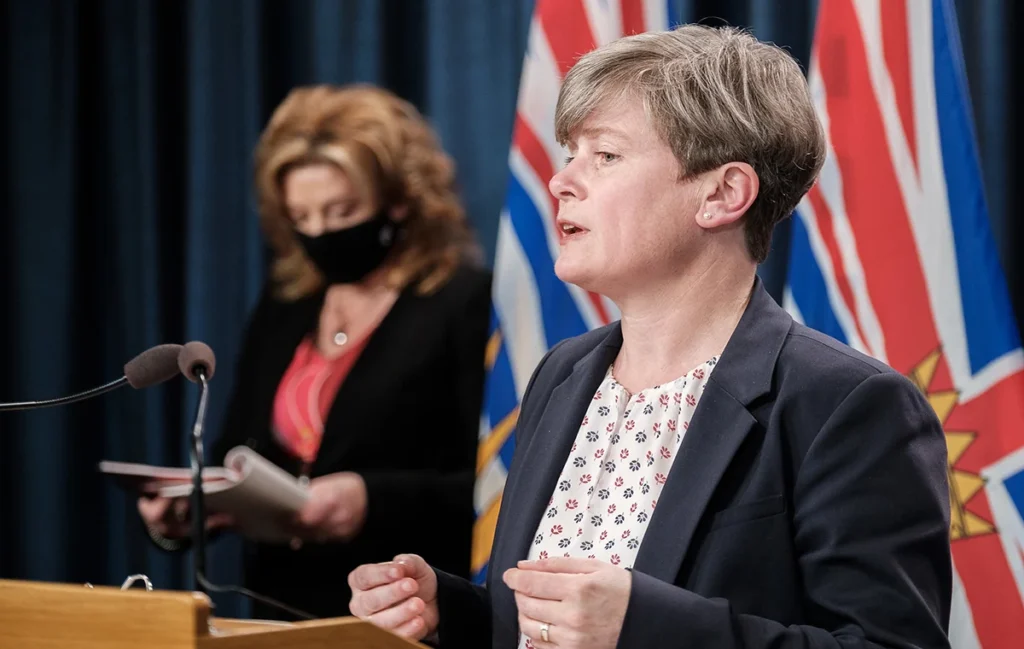For over four decades, Canada’s publicly funded healthcare system has been built on the values of fairness and equity—principles rooted in the collective belief that access to care should be based on need, not the ability to pay. This promise of universal coverage, once a cornerstone of Canadian identity, now feels hollow to millions. Despite the system’s noble origins, nearly one in seven Canadians is left without a family doctor, and even those with primary care struggle to get timely appointments. The promise that no one would go without medically necessary care is unraveling before our eyes, leaving Canadians to wonder whether their cherished healthcare system is truly universal anymore.
Millions Without Primary Care
The Canadian Medical Association reports that 6.5 million adults across the country don’t have regular access to a family doctor or nurse practitioner. Quebec and the Atlantic provinces are particularly hard-hit, with almost one in three people lacking access to a primary care clinician. This isn’t just an inconvenience—it’s a fundamental failure of the healthcare system. The reality is simple: Canada cannot claim to have a universal healthcare system if millions of citizens cannot find a family doctor or receive timely care.
Emergency rooms, meanwhile, are overflowing, and surgical wait times continue to soar. Just 70 percent of cataract surgeries were completed within the 16-week benchmark in 2023, a significant drop from 83 percent in 2010. Hip replacements fare no better, with only two-thirds completed within the recommended 182 days, down from 84 percent. The delays are growing, yet there is little urgency from policymakers to address the underlying causes of these failures.
The Federal-Provincial Blame Game
Provinces and territories have consistently pointed fingers at Ottawa, demanding more federal funding for healthcare while blaming the federal government for the system’s failings. However, this constant back-and-forth obscures a larger issue: money alone isn’t solving the problem. Per capita healthcare spending in Canada has increased by 40 percent since 1993, yet Canadians have little to show for it. The system continues to deliver subpar outcomes, especially compared to other countries like Germany, which spends less but achieves better healthcare results.
Instead of confronting the glaring deficiencies in the healthcare system, the federal government has diverted its attention to ill-conceived initiatives like a national single-payer drug program. This focus on new policies rather than fixing the existing problems reveals the lack of accountability across the political spectrum.
Real Change, Not Lip Service
Canadians are increasingly frustrated with the state of healthcare, and they are demanding major reform. A recent survey by Navigator showed that 73 percent of Canadians believe the healthcare system needs an overhaul—a 19-point jump since 2022. This growing consensus reflects the urgency of the situation. Canadians are losing faith in the promises of universal care as they continue to face delays, overcrowded ERs, and scarce access to doctors.
But despite this outcry, politicians seem unwilling to take meaningful action. Ottawa remains more focused on policing the provinces’ compliance with the Canada Health Act than championing reform. Provinces, on the other hand, only offer superficial changes that barely scratch the surface of the crisis.
What’s Holding Back Reform?
One significant barrier to reform is political cowardice. Politicians are afraid of alienating entrenched interests within the healthcare system, so they opt for minor adjustments rather than the sweeping changes that are needed. The Canada Health Act itself contributes to the problem. Its principles fail to address the most pressing concern for Canadians today: timely access to care.
Another roadblock is the persistent comparison of Canadian Medicare to the U.S. healthcare system. This comparison has stifled meaningful debate, as many policymakers are hesitant to introduce reforms that might appear to “Americanize” Canada’s healthcare. But reform doesn’t have to mean sacrificing universal care—it should be about improving access and outcomes for all Canadians.
The situation in Vancouver’s Downtown Eastside (DTES) offers a sobering example of how Canada’s healthcare system fails its most vulnerable citizens. The DTES has long been a focal point of the country’s drug crisis, and while the provincial government has implemented various programs to address mental health and addiction issues, the need for comprehensive healthcare reform remains urgent. This area exemplifies the broader failure of the system to provide timely, accessible care to those who need it most.
The Missing Ingredient
Ultimately, the lack of accountability is the greatest obstacle to healthcare reform in Canada. Politicians make grand promises, but when they fail to deliver, there are no consequences. As a result, the system remains broken, leaving millions of Canadians without access to the care they need.
Canada’s healthcare crisis will not be solved by throwing more money at the problem or launching politically expedient programs that ignore the real issues. It will take a bold commitment to reform—one that prioritizes timely access to care, improves accountability, and tackles inefficiencies head-on.
If Canada is to preserve the promise of universal healthcare, it must abandon the failed policies of the past and embrace a future of real solutions. The country deserves a healthcare system that works for all Canadians, not just those lucky enough to beat the odds.
Do you think Canada’s healthcare system needs major reform? Share your thoughts and join the conversation below.
DOWNTOWNEASTSIDE.ORG is a collective author account used by several DTES contributors to discuss key issues and events in the neighbourhood. Articles under this authorship reflect diverse perspectives from those directly connected to the community. If you’d like to reach a specific contributor, please contact us via email.







Leave a Comment